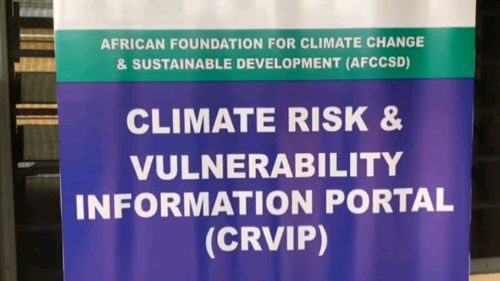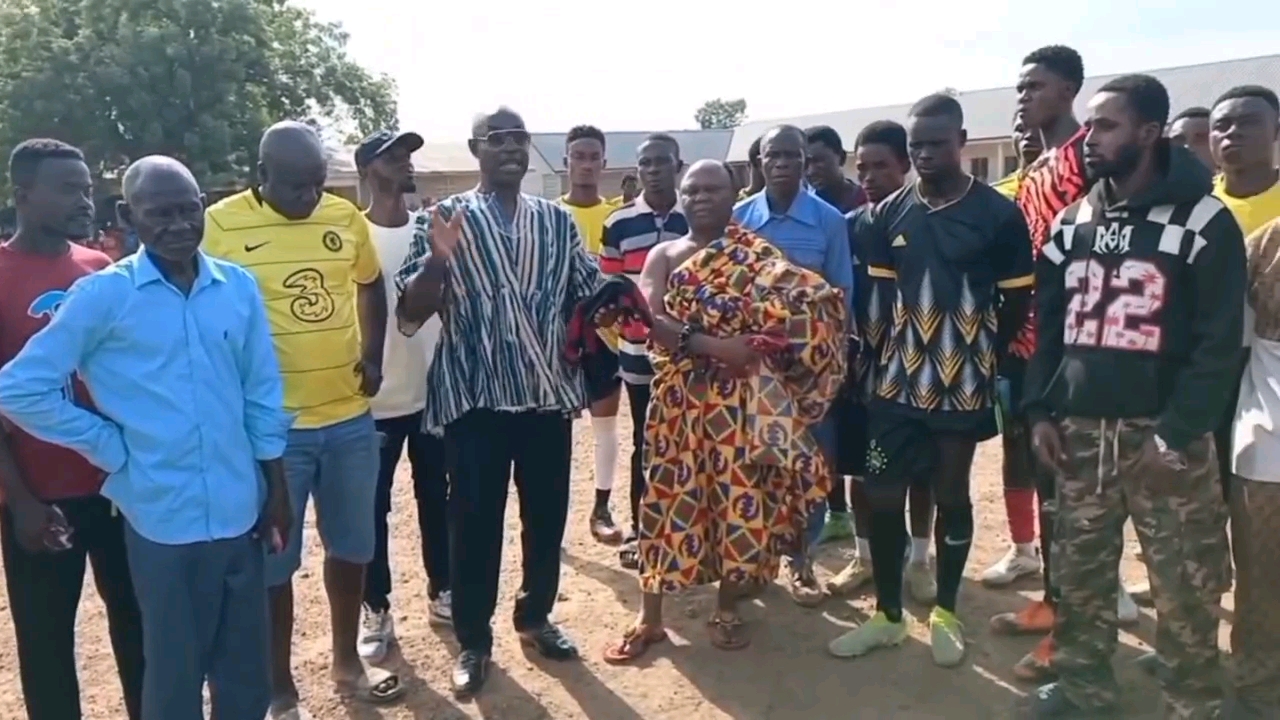New Digital Climate Portal to Transform Disaster Preparedness and Environmental Planning in Bekwai

In a forward-looking move to enhance disaster preparedness and sustainable development at the local level, a comprehensive training workshop has been held in Bekwai in the Ashanti Region to introduce stakeholders to the Climate Risk and Vulnerability Information Portal (CRVIP)—a cutting-edge digital tool designed to revolutionize climate risk analysis and environmental planning.

The event brought together staff of the Bekwai Municipal Assembly, officials from the Environmental Protection Agency (EPA), representatives of civil society organizations, and members of the Ghana Police Service and National Disaster Management Organization (NADMO). The training formed part of Ghana’s broader national climate resilience strategy and was spearheaded by the African Foundation for Climate Change and Sustainable Development (AFCCSD), with technical and financial support from the Green Climate Fund (GCF) under the United Nations Environment Programme (UNEP).

The CRVIP platform is designed to provide real-time climate data, geospatial mapping, risk assessment tools, and socioeconomic indicators that help local authorities and emergency services make evidence-based decisions in the face of climate-related threats such as flooding, drought, erosion, and food insecurity.

Mr. Francis Aforve, Executive Director of AFCCSD, who delivered the welcome address, explained the significance of the digital platform in today’s rapidly changing climate. “The CRVIP is not just a portal; it’s a digital backbone for climate resilience. It consolidates data in one place, from rainfall trends and flood zones to deforestation patterns and population vulnerability. This gives Assemblies and disaster response agencies the intelligence they need to act before disaster strikes,” he said.

The training included technical demonstrations and interactive sessions, where participants explored the platform’s features including flood risk projections, drought-prone area identification, and early warning alert systems.

Professor Thompson Annor from Kwame Nkrumah University of Science and Technology (KNUST), who served as a lead facilitator, emphasized that climate challenges can no longer be addressed with outdated methods.

“We are entering a data-driven era of governance. The municipalities that survive and thrive will be those that embrace platforms like CRVIP to drive development and disaster preparedness,” he noted.

Madam Sheila Rosetta Arthur, Municipal Coordinating Director for Bekwai, expressed her appreciation for the initiative and promised that the Assembly would incorporate the portal’s insights into their planning activities. “This training could not have come at a better time. We now have the tools to integrate real-time climate data into our development projects, infrastructure planning, and emergency response protocols,” she remarked.

Security and disaster management officials also lauded the platform for its usefulness in early warning and coordination. A NADMO officer from the Municipality noted that having a centralized database with accurate projections would significantly improve how emergencies are handled and lives are protected.

Participants called for more frequent and nationwide roll-outs of similar trainings to ensure that every district in Ghana, especially those vulnerable to climate shocks, is equipped with the tools to build resilience.

As the effects of climate change continue to intensify across the country, the introduction and promotion of the CRVIP portal in Bekwai is being hailed as a major step forward in digital climate governance. The initiative demonstrates how technology, when effectively deployed, can empower local governments to anticipate risks, protect lives, and drive sustainable development from the ground up.





